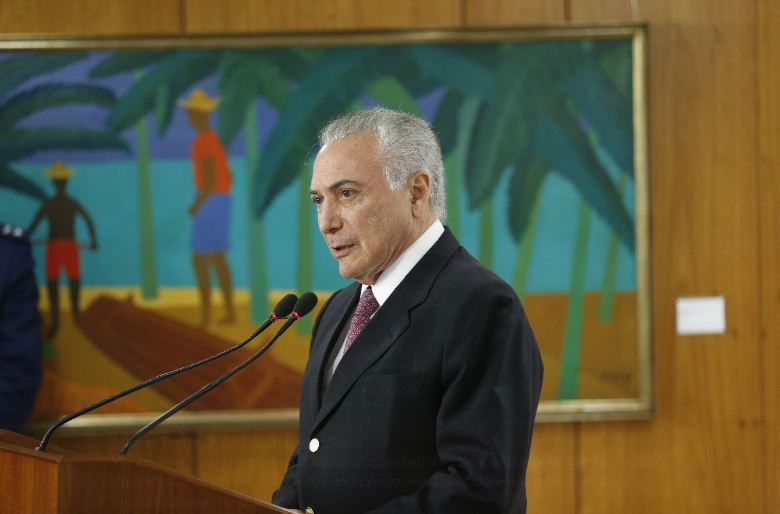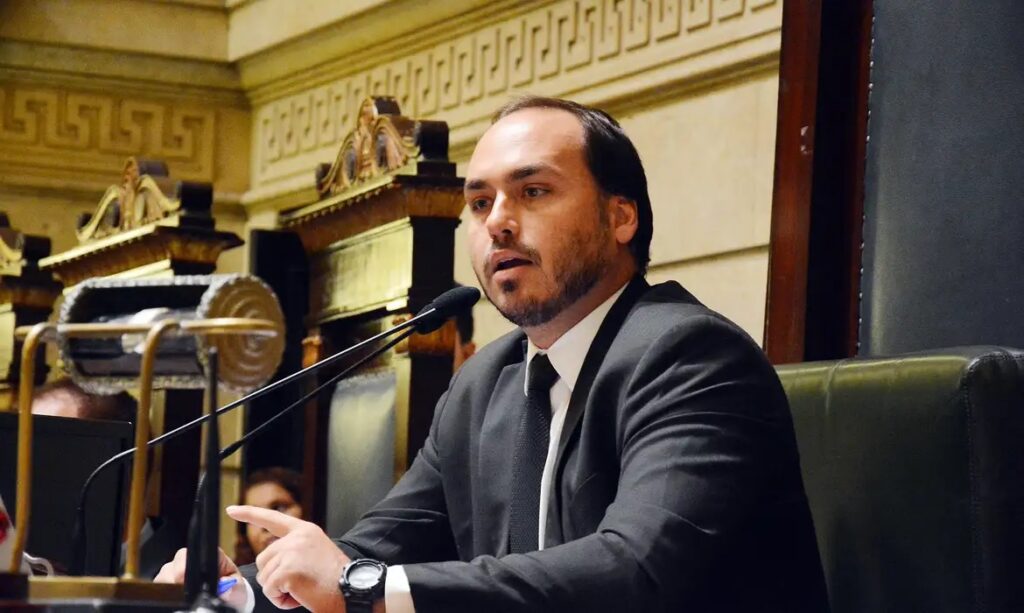A few years ago, her name became synonymous with the word golpe, Portuguese for ‘coup d’état’. The unfolding of a historic trial, which saw her tried for manipulating government accounts, captured the attention of the entire country for months, and the result received global media coverage.
Dilma Rousseff was the first female Brazilian President for whom it all went wrong.
Rousseff was born in 1947 in the state of Minas Gerais, to a middle class family. Her father was a migrant from Bulgaria and her mother a Brazilian teacher.
Growing up as a teenager in the early years of Brazil’s military dictatorship, Rousseff began studying at a public college aged 16 in Belo Horizonte and joined leftist student groups.
Throughout her later years of education, Rousseff began to increasingly involve herself with resistance to right-wing military rulers who had taken control of the country via a military coup, supported by the US government, in 1964.
 It was her membership of militant group Colina, along with far-left guerrilla group Vanguarda Armada Revolucionaria Palmeres, that led to her eventual arrest in 1970 for fighting against the dictatorship and she was eventually jailed for her actions.
It was her membership of militant group Colina, along with far-left guerrilla group Vanguarda Armada Revolucionaria Palmeres, that led to her eventual arrest in 1970 for fighting against the dictatorship and she was eventually jailed for her actions.
During her time as a political prisoner, which lasted a total of three years, Rousseff suffered torture by electric shocks at the hands of her captors, the brutal realities of which were revealed thanks to a National Truth Commission approved in 2011.
Upon her release from prison in 1972, the former President resumed her economics studies in Porto Alegre, beginning her career as a civil servant soon after and gradually returning to politics.
The 1980s saw former President Rousseff and her lawyer husband Carlos Araujo become active members of the PDT (Democratic Labour Party). Throughout her time in the PDT, she was offered various public service positions, namely the Municipal Secretary of Treasury and State Secretary of Mines, Energy and Communications, a position she was appointed in 1999.
Following pressure on the PDT to step down, Rousseff joined the Workers’ Party (PT) in 2001, under the leadership of Lula da Silva. In 2002, she left her government roles to work full time on Lula’s campaign for President, serving as his chief of staff from 2005. Lula’s fondness for her quickly became clear, and suspicions soon started to arise that Rousseff would succeed him as President.
After suffering a cancer scare in 2009, when she was diagnosed with lymphoma, Rousseff underwent chemotherapy treatment. However, she made a quick recovery and by the following year had begun her campaign for office.
On 1st January 2011, Dilma Rousseff became the first female president of Brazil, after a campaign supported by her colleague and friend, Lula. Following the extraordinary economic growth the country had experienced under his presidency, not to mention an Olympic Games to be hosted in Rio de Janeiro in 2016, there was an enormous amount of expectation on her shoulders.
Having experienced a relatively popular first term, she was reelected in 2014. From there, however, things started to spiral rapidly downhill.
Corruption allegations initially began in 2015 due to the Petrobras scandal, now the country’s largest corruption investigation, Operation Lava Jato, which has turned out to involve a significant proportion of Brazil’s political cabinet. If there’s one thing Rousseff could be credited for, it’s that she showed Brazil that corruption must be investigated.
That same year, her government also pushed through a number of highly controversial hydroelectric dam projects in the Amazon River basin, decisions that were also met by both national and international opposition.
In December 2015, former President of the Chamber of Deputies Eduardo Cunha accepted a petition to begin President Rousseff’s impeachment. What followed, was a gruelling trial that lasted over six months, in which she was eventually removed from office by her own senators on charges of illegally manipulating government finances.
Her impeachment trial was extremely controversial, exposing high levels of both governmental and media corruption, in what Rousseff and her supporters deemed to be a ‘coup d’état’.
On August 31st 2016, the Brazilian senate voted 61-20 in favour of Rousseff’s impeachment. She was replaced by current President Michel Temer, ending 13 years of PT rule in Brazil.











